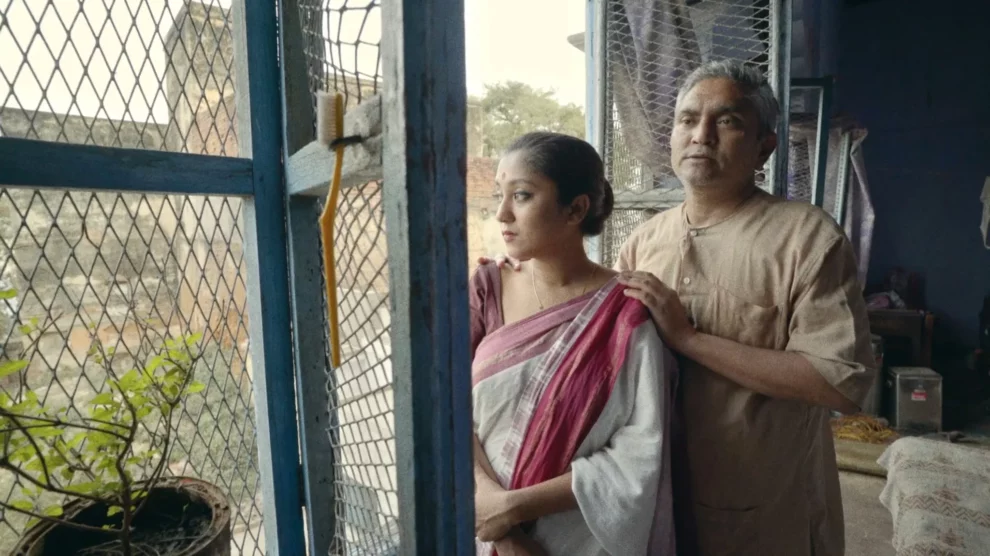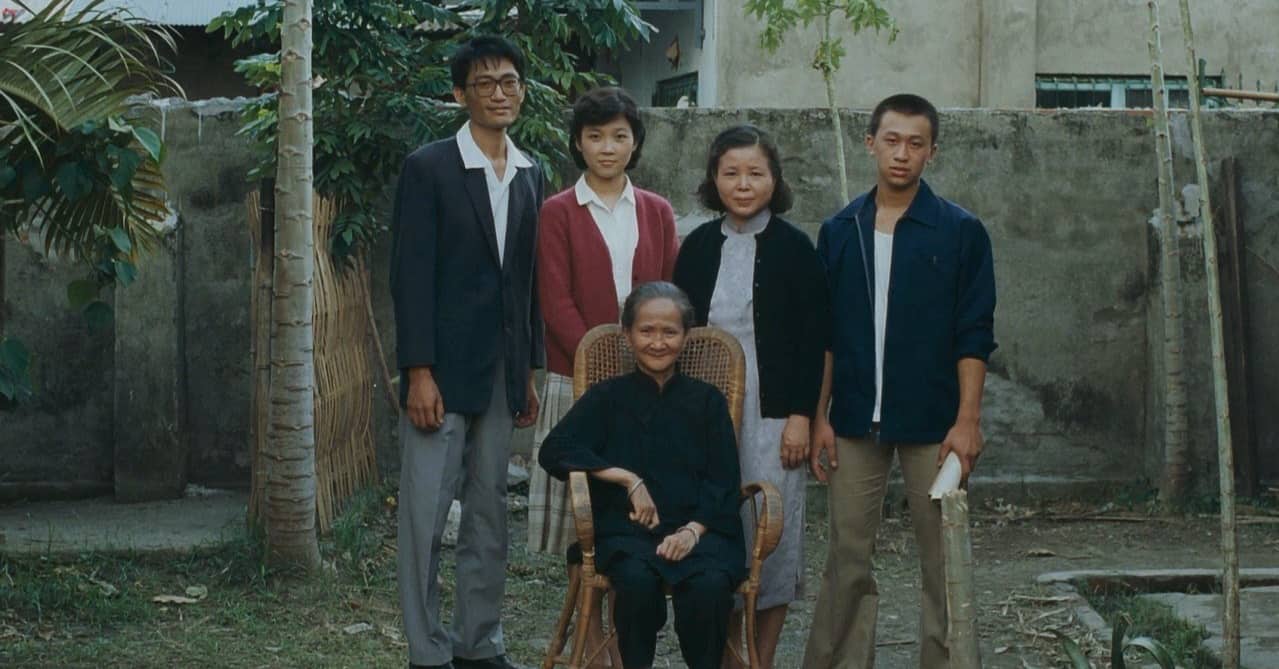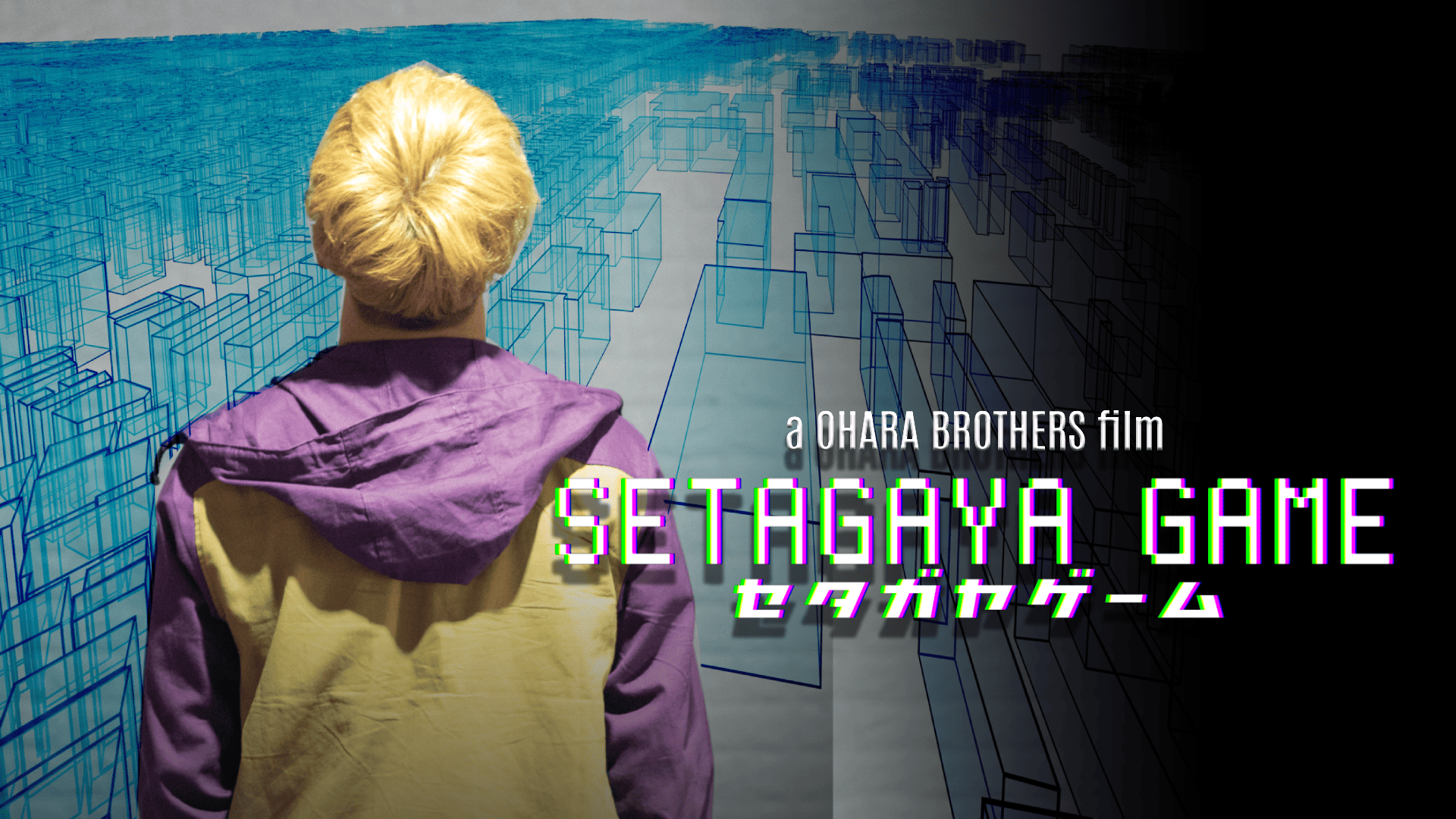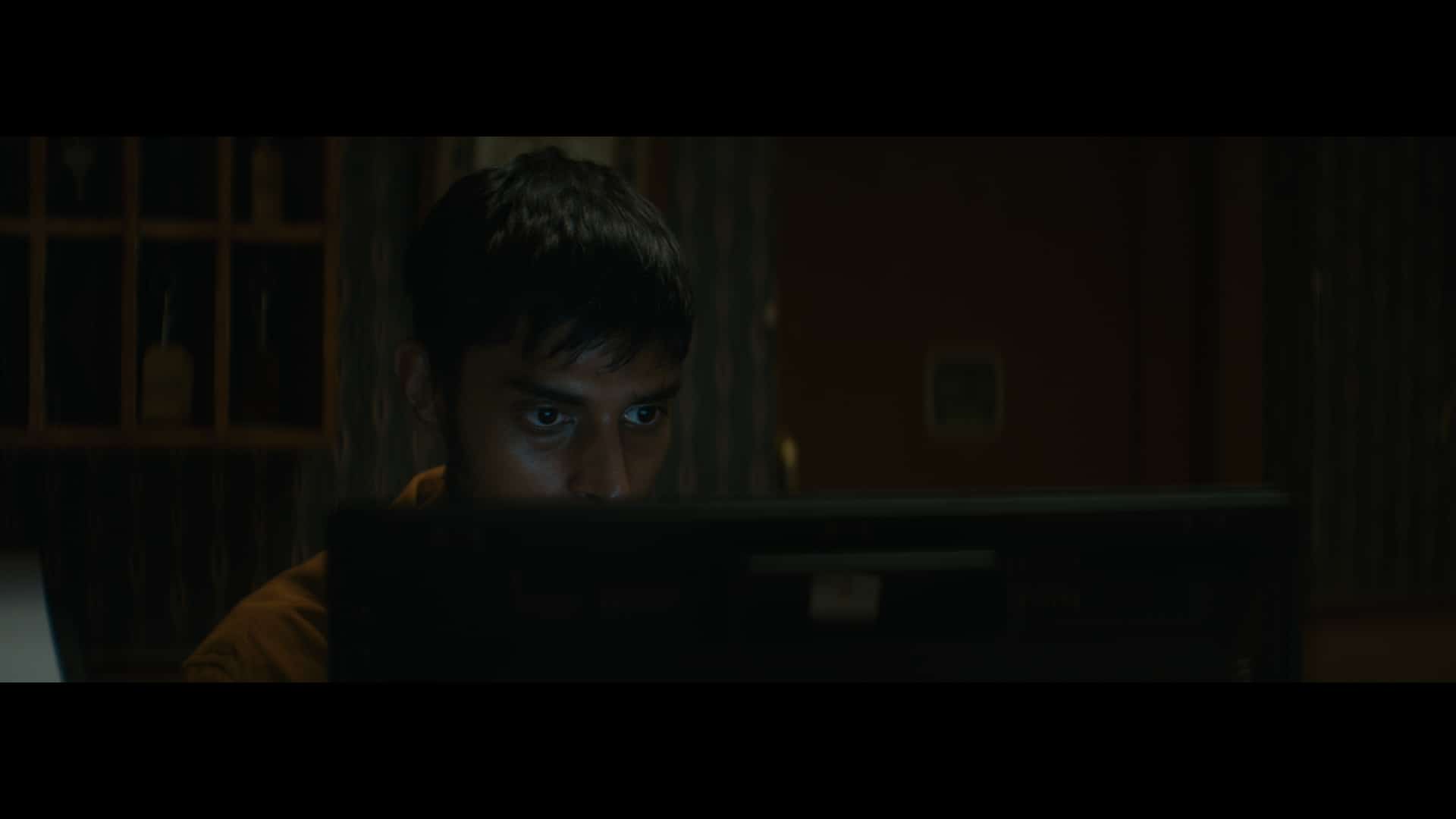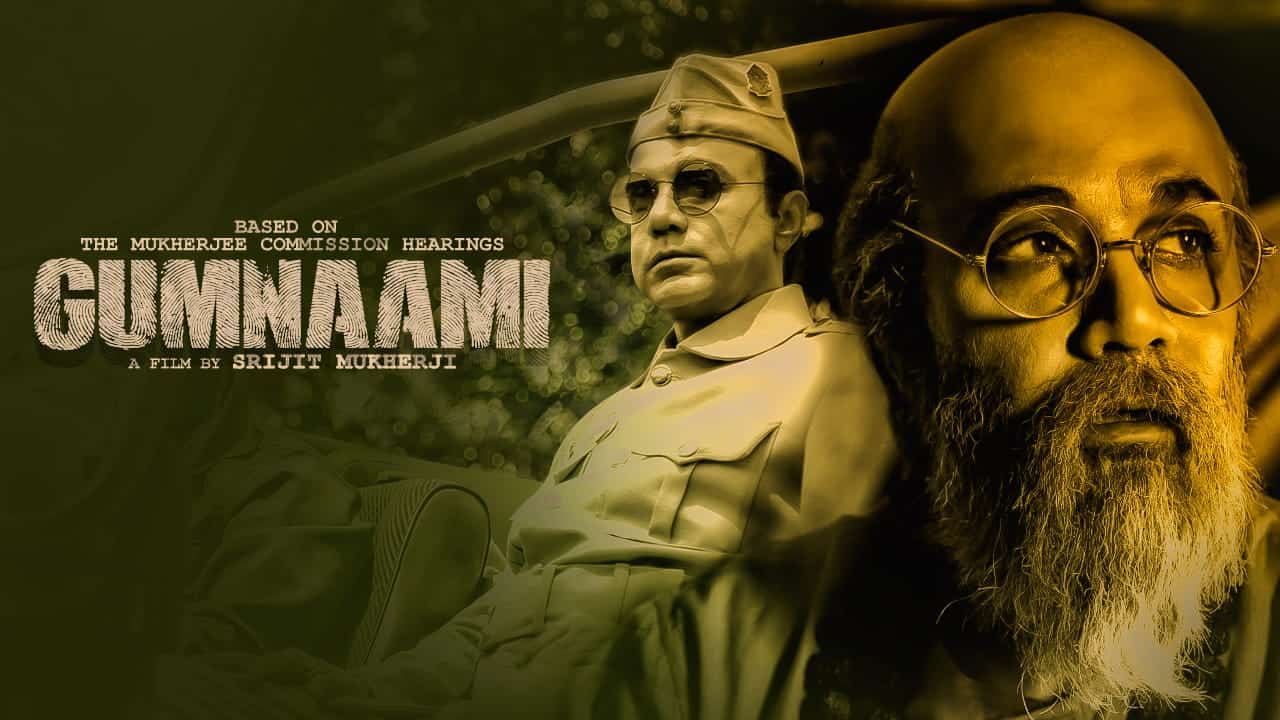Considering we live in times where many political parties aim to shape a cultural narrative to meet their goals, a courageous cinema is needed tackling what is really happening so we do not forget. However, finding financing for such projects is often difficult, if not impossible, which is why many directors do not rely on traditional ways of getting their ideas of the ground. One such director is Ashish Avikunthak, whose previous feature “Glossary of Non-Human Love” has tackled the troublesome relationship of technology and mankind. “Devastated” one the one hand offers a very provocative perspective on Narendra Modi's India, but one the other hand is a – as the title suggests – a truly devastating parable on how people may be able to justify even the most horrible deeds.
Devastated is screening at International Film Festival Rotterdam

During the course of the feature, there are two narrative layers. The first one is a re-telling of passages from the Bhagavad Gita in which Prince Arunja, the student and warrior, seeks the counsel of Krishna. The various re-enactments concentrate specifically on the duties of a warrior when in combat, but also outside. These sequences are followed by the second layer, a conversation between an Indian policeman responsible for the killing of Muslim men, and his wife (?) who questions his ways of justifying what he does and attempts to escape his moral responsibility.
In a statement on “Devastated”, Avinkunthak mentions he “needed to make this film that responds to the times we live in”. While many filmmakers claim their work touches upon contemporary political issues, “Devastated” is a feature whose themes reach far beyond the border of the director's home country, even though it is undoubtedly its focus. The approach, which has been described as “confrontational”, does not rely on a more traditional dramatic approach that would highlight the drama. With the performers often facing the camera and therefore the viewer, you cannot escape the impact of these conversations, most specifically the questions being asked. If we reject the excuses of the policeman, we have to question the moral and political fabric of the system he is (or was part) of, as it allows him to continue and quite literally get away with murder.
To add to the confrontational approach, the visual and sound design support the aforementioned themes. As the segments are intercut with scenes showing, for example, ritualistic killings, the role of murder within a culture or system is highlighted, giving some of the statements by the policeman another layer as they could fit to these contexts as well. The sound design, on the other hand, seems to suggest the interrogations by his wife may be recollections, perhaps even part of his personal hell, as they are often quite haunting and disorienting.
While “Devastated” is certainly not an easy watch, there is no denying its impact on the viewer. Director Ashish Avikunthak has created a provocative, often uncomfortable feature about how people get away with murder within a system allowing it.


